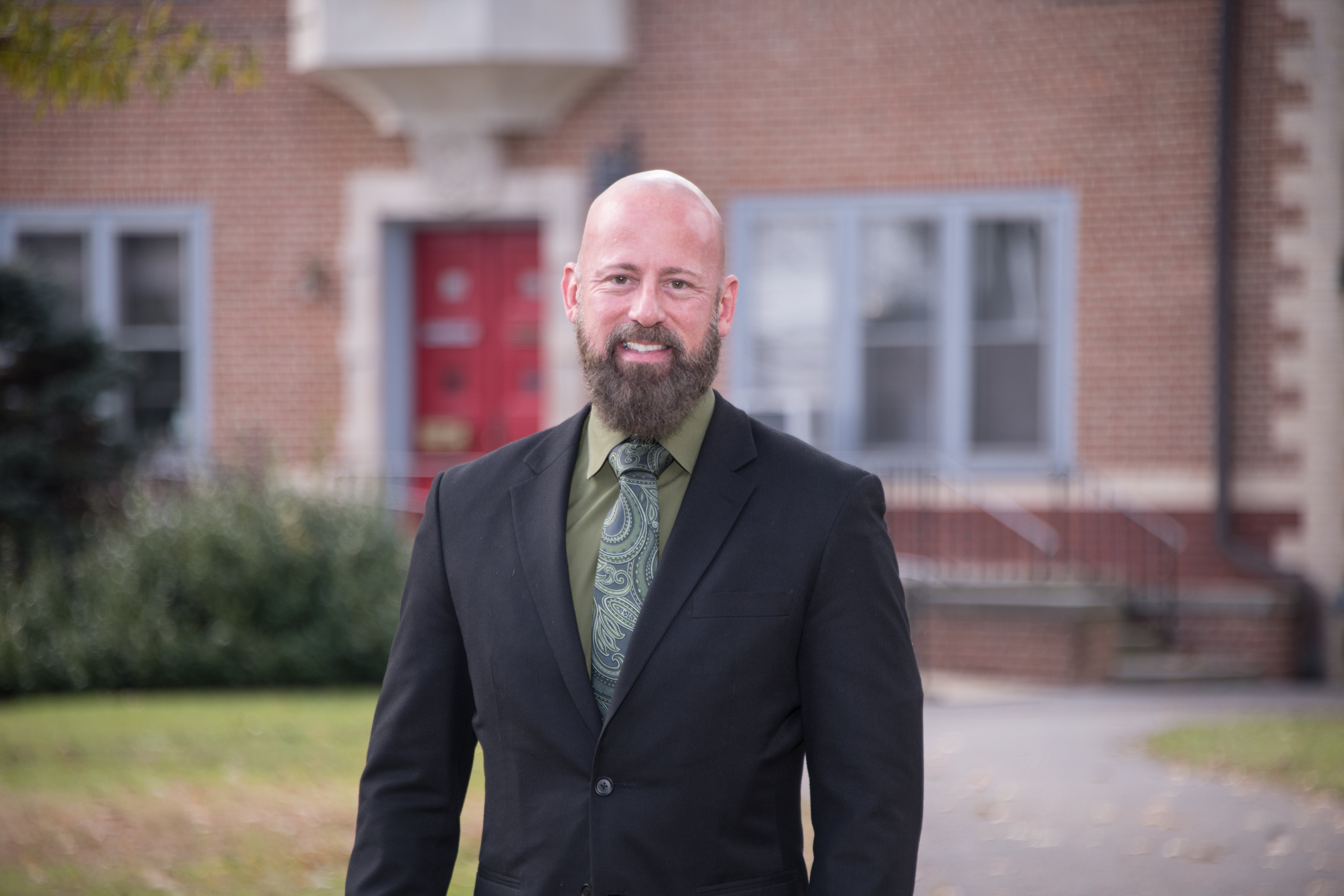Op-ed: Why a Liberal Arts Education Brings a Higher ROI

By: AJ Lemheney, Vice President and Executive Director of Graduate & Continuing Education Friday, February 9, 2024 02:00 PM
The liberal arts are suffering from a perception problem right now. Those perceptions ignore the facts.
An analysis of job postings — many for high-paying occupations — from 2018-19 performed by Project Lead the Way and Burning Glass Technologies found that 64% of open jobs required at least one of these five competencies: communication, critical thinking, teamwork, empathy and mindfulness.
These durable skills are the foundation of a liberal arts curriculum. And as the workforce has undergone seismic shifts, such as transitioning to remote and hybrid work and embracing artificial intelligence, durable skills are becoming even more in demand.
The World Economic Forum created a list of 10 top skills employers will seek globally by 2025. Only two of the 10 focus on tech use and development. The other eight focus on problem-solving, self-management and working with people.
Some 30 years ago, I attended a liberal arts college and was encouraged to major in computer science, convinced that it was the best pathway to a successful career. Unfortunately, my tech skills aged out after about two years in the workplace. But the durable skills I learned in the humanities — such as creativity, quantitative reasoning, and how to formulate and express ideas in speech and writing — prepared me for a lengthy and successful career as a leader in workforce development, health care and higher education.
To be clear, learning technical skills, including science, technology, engineering and mathematics proficiencies, is extremely beneficial. But when students combine those competencies with a foundation in the liberal arts, it represents the greatest value to employers, drives the highest workplace performance and, consequently, creates a profitable career path.
A 2020 study from the Georgetown University Center on Education and the Workforce bears this out. It found that the median return on investment in a degree at a liberal arts college is nearly $200,000 higher than the median for all colleges. And the 40-year median ROI of liberal arts schools ($918,000) is similar to those of four-year engineering ($917,000) and four-year business and management ($913,000) programs.
Combine that ROI with the life experiences and maturity of working adults or former military members and it’s a powerful advantage. The workplace of the future will demand constant upskilling and workers who take the initiative to reinvent themselves as their careers evolve.
Adults who return to school are more prepared because they bring their insights to the classroom, creating enriching discussions and fostering a dynamic learning environment. They’re also achieving personal growth and career advancement. A 2022 Lightcast study showed that adults who return to school experience a 140% larger increase in average annual salary and enjoy 22% greater career mobility than those who don’t.
Liberal arts institutions like Muhlenberg College and programs like our Division of Graduate and Continuing Education enhance economic vitality throughout our region. To make our programs easier to access, we’ve forged agreements with seven area community colleges, creating an accelerated path toward a bachelor’s degree. We also offer a Corporate Affiliates Partnership Program that employers can leverage to recruit, develop and retain a talented workforce. Many of our faculty members live in our community and work for some of our region’s top employers.
At our recent fall commencement, we celebrated the academic achievement of our adult students who completed their graduate and continuing studies. Many told us how pursuing their degree helped them win internships in new fields, earn a promotion or change careers for greater mobility.
A wealth of evidence shows that the liberal arts are a powerful catalyst for career success. By empowering students with skills that transcend specific job titles and industries, liberal arts colleges empower people to excel over the long haul in a rapidly changing world.
